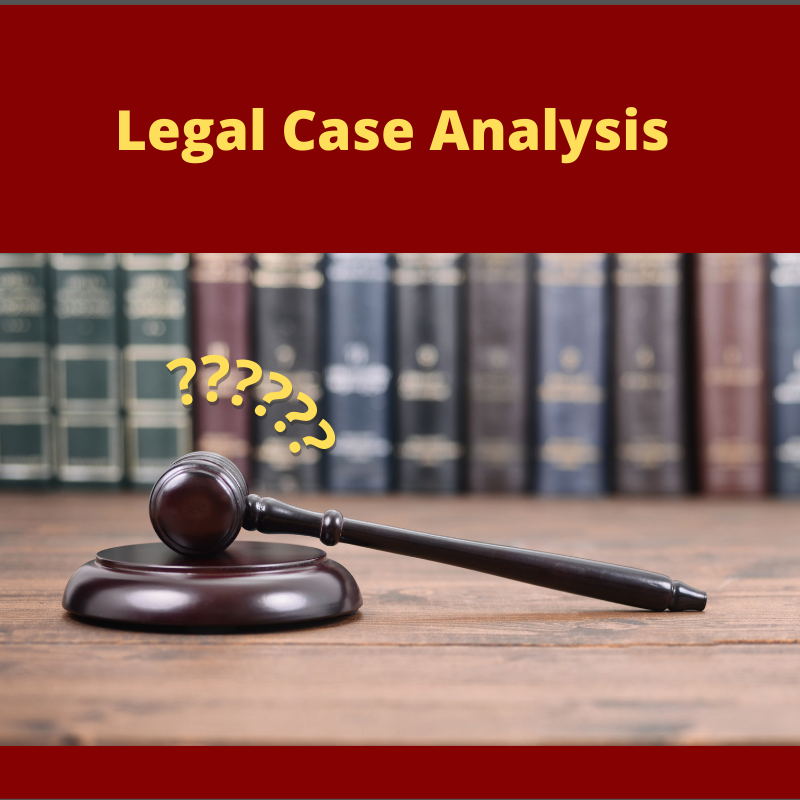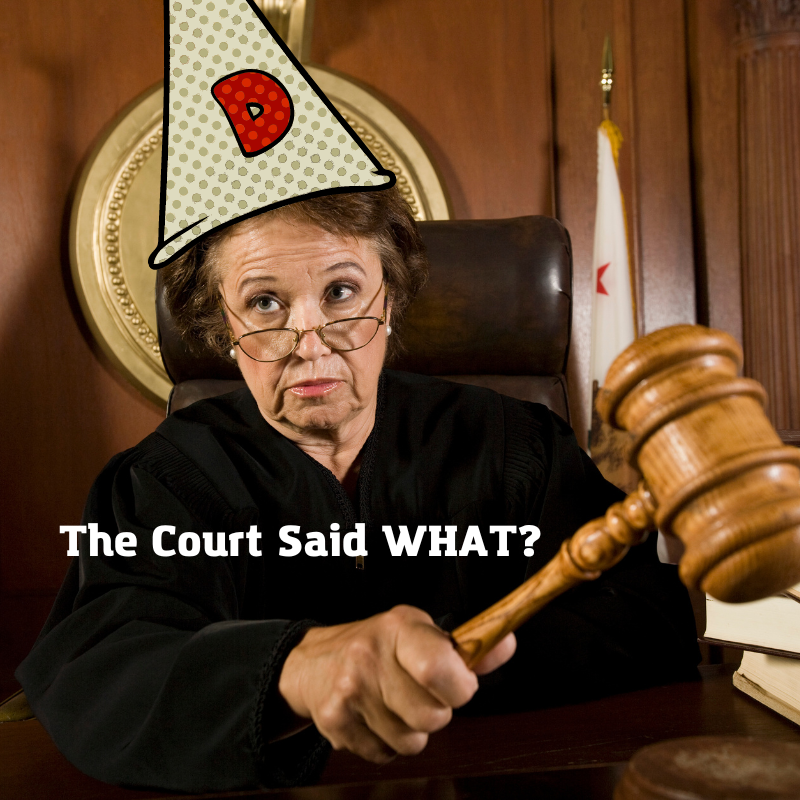A search warrant is a warrant signed by a judge or magistrate authorizing a law enforcement officer to conduct a search on a certain person, a specified place, or an automobile for criminal evidence.
A search warrant usually is the prerequisite of a search, which is designed to protect individuals’ reasonable expectation of privacy against unreasonable governmental physical trespass or other intrusion. The origin of this right is from the 4th Amendment of the U.S. Constitution to protect people from unlawful government searches and seizures.
The Amendment reads: “The right of the people to be secure in their persons, houses, papers, and effects, against unreasonable searches and seizures, shall not be violated, and no warrant shall issue, but upon probable cause, supported by Oath or affirmation, and particularly describing the place to be searched, and the persons or things to be seized.”
Search warrant requirements
Probable cause: The officer should give reasonable information to support the possibility that the evidence of illegality will be found. Such information may come from the officer’ personal observations or that of an informant. If the warrant lacks accurate information as to what will be searched, the search is unlawful. See Groh v. Ramirez, 540 U.S. 551 (2004).
— Search Warrant
IANAL, but isn’t the warrant intended to search ‘for specific things at specific locations’? If they came to my house looking for stolen bunnies off the easter farm but instead found a shit ton of perfectly legal arms, I would expect that I’d be left alone after that – presuming I don’t have a bunch of bunny skins hanging out back to dry. Why does this guy’s armory have to be put on blast?
—
b-zhOften times the police are looking for evidence of a crime of significance. The bigger the crime the bigger the charges. This leads to an escalation process. The process of escalating a search warrant to cover what you are actually looking for.
Consider a search warrant to locate stolen property. The property you are looking for is a workbench taken from the local school.
Since the search warrant lists what the specifics are that the search are searching for it limits where they can search. The would not be allowed to look in your wife’s intimates drawer. There is no way a “desk” could fit in a drawer. They would be allowed to open closet doors to make sure the desk wasn’t in a large closet.
That doesn’t actually mean that it has to be logical. Our linen closet is not deep enough for a desk. If you look at the rooms around it and visualize the amount of space for that closet there is no way that it could hide a desk. But you could “hide a desk in a closet” so they warrant would allow the police to look in the closet. It would not allow them to look in containers in that closet.
Now say the police are executing a search for that desk and sitting on your coffee table in front of the sofa is a crack pipe that looks like it was used.
That cop now has new evidence in “plain view” of a potential crime. They still can’t go looking for the crack to go with that pipe. Or other drugs. They can only search where the warrant allows them.
At this point the cop contacts the Judge or magistrate and says “look, we were executing the search of this scums house looking for stolen property and we found drug paraphernalia along with a drug scale. We need a search warrant to extend to looking for drugs.”
The Judge or Magistrate issues the warrant and when that warrant is in hand the cops now can tear the house apart looking for “drugs”. They are no longer limited to searching place where a desk could be hidden, they are looking for places where drugs could be hidden.
If in the process of looking for drugs they find evidence of other illegal activities they can act on that evidence. So finding a “rape kit” could be used as evidence because during a search for drugs that kit, hidden in the back of a closet, under the floor, in a box could have held drugs. When it was opened to check for drugs the “rape kit” was in plain sight.
In the case listed the teacher was suspected of stealing from the local school. Some of the things he was suspected of stealing were tools belonging to the school. This could have meant things like table saws and milling machines but it could, and more likely was, small hand tools. For example a Fluke meter.
That would have given the cops the ability to check anywhere something the size of a Fluke multi-meter could be hidden. That would include anyplace large enough to hide a firearm.
Now that they are able to look in places that could hide firearms they find the dudes firearms. In New York state there are such things as “illegal guns” and “illegal magazines”. There doesn’t seem to be any laws requiring guns to be stored unloaded to the “loaded magazines” in the original article is not meaningful.
Regardless, if the cops found an AR-15 style weapon they would be allowed to determine if it was an “illegal gun” and the same with the magazines. Once a gun was determined to be “illegal” under NY law, the dude could be charged with violating gun regulations.
This case might end up in court and it might be that the defendant(dude in question) argues that the law making the guns and magazines “illegal” is unconstitutional and he might be able to get those charges dropped.
A number of lawyers tell you to not talk to the cops. You have to understand exactly how much you should say and then you need to know to shut up and keep your mouth shut. The cop is looking for you to give him the probable cause to do more.
Pulled from a number of advise articles: Why does a cop start his interaction with you at a traffic stop with “Do you know why I pulled you over?” If you tell answer him his job just got so much easier. If you reply with a polite “Why did you pull me over, Officer?” you haven’t admitted to anything.
Like this:
Like Loading...





